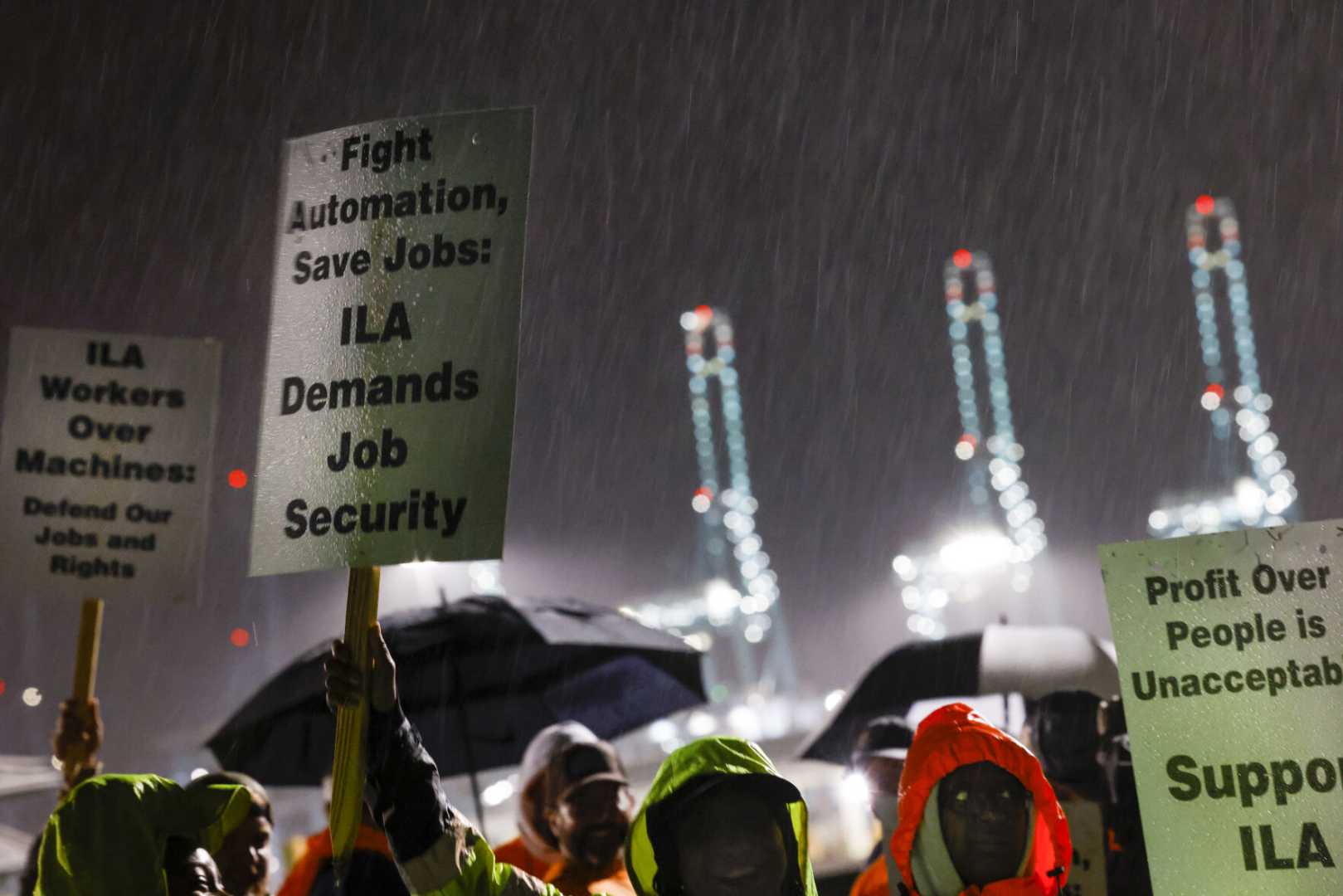Business
Boeing Withdraws Pay Rise Offer Amid Union Standoff

Boeing has announced it is retracting its proposed pay increase for striking workers following an impasse in negotiations with the International Association of Machinists and Aerospace Workers (IAM) union. The aerospace firm cited the union’s refusal to seriously consider its proposals as the cause for the deadlock.
Boeing had previously presented what it termed its “best and final” offer, promising a 30% pay increase over four years. However, this figure fell short of the 40% wage hike that the union demands. Boeing’s President of Commercial Airplanes, Stephanie Pope, expressed the company’s stance in a letter to employees, noting, “The union made non-negotiable demands far in excess of what can be accepted if we are to remain competitive as a business.” She concluded that further negotiations were futile at this juncture and thus the offer had been withdrawn.
In opposition to Boeing’s portrayal of negotiations, IAM representatives declared that Boeing was inflexible regarding the proposal terms. According to a union statement, negotiators “attempted to address multiple priorities that could have led to an offer we could bring to a vote, but the company wasn’t willing to move in our direction.”
The industrial action involves more than 30,000 Boeing workers predominantly located in the northwest United States. They initiated the strike last month after rejecting a previously suggested deal that would have provided a 25% salary increase.
As a consequence of the strike, which has brought production to a standstill for several of Boeing’s aircraft models, the company has placed tens of thousands of employees on leave. Boeing has also announced cost-saving measures, which include making executives, managers, and staff in the U.S. take a week’s furlough every four weeks as long as the strike persists.
The financial impact of the strike remains uncertain and largely dependent on its duration. Analysts speculate that a prolonged stoppage could result in losses reaching billions of dollars for both Boeing and its suppliers. The company’s last major strike occurred in 2008 and lasted about eight weeks.
Compounding Boeing’s challenges is the recent appointment of a new CEO, who assumed leadership with the task of revitalizing the company’s business operations. The strike adds to existing difficulties as Boeing grapples with prior historic financial losses and production slowdowns due to concerns over manufacturing quality.












